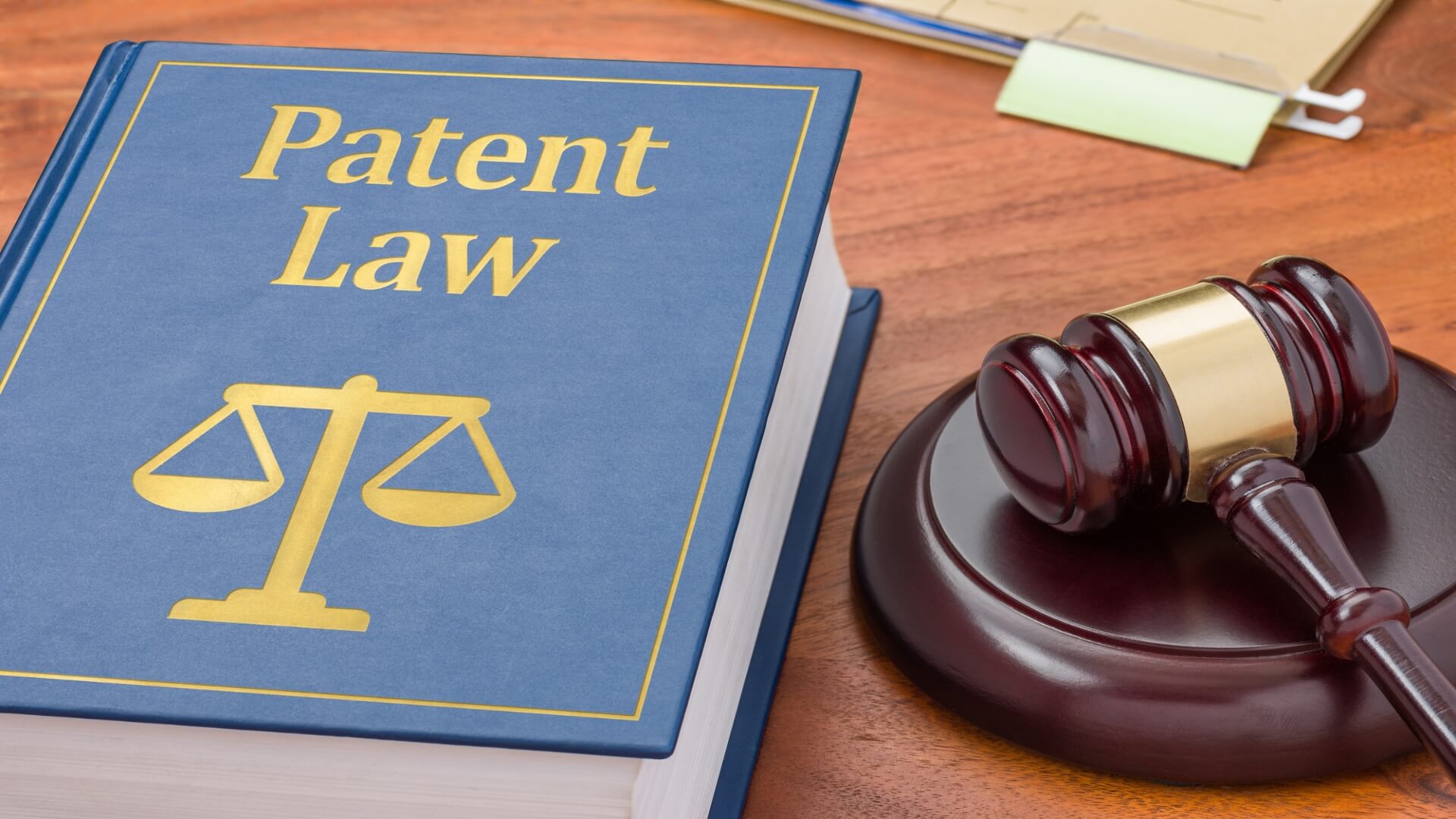EC’s proposed SEP overhaul may have a negative impact on technology leadership. Critics of the European Commission’s (EC) proposed overhaul of standard essential patent (SEP) rules puts Europe’s long-term technology leadership, and even the balance of the global knowledge economy, at risk. Cellular standards are the result of effective global collaboration. Technologies that are deemed essential to the functioning of a standardized technology, businesses and researchers, contributors or standard essential patent (SEP) holders, are compensated by implementers of the standardized technology. This compensation is structured by means of patent licensing by which contributors license their SEPs to implementers on fair, reasonable and non-discriminatory (FRAND) terms, typically reflecting the economic value that the patented technology adds to the end product. Licensing revenues are then used by contributors to fund research and development (R&D) for future innovation.
The proposed regulation mandates that SEP owners must register their patents in a database maintained by the European Union Intellectual Property Office (EUIPO). The EUIPO would become the sole arbiter of all SEPs and will determine what patents are SEPs (called “essentially checks”), which will involve the EUIPO determining royalty rates for the licensing of SEPs. The proposed regulation will mandate public disclosure of licensing agreements and prohibit the licensing or litigation of any potential SEPs that are not registered, confirmed as essential, and designated with a royalty rate set for all the relevant SEPs.
Critics are concerned about the EUIPO’s lack of legal or economic knowledge about patents, especially of patents on technological standards like 4G. The EU is proposing to give the EUIPO absolute regulatory authority over the complex technological determination of what counts as an “essential” patent for a technological standard and the equally complex determination of the valuation of these SEPs for specific innovators, implementers, and end-user devices in determining royalty rates for smartphones, laptops, automobiles, home appliances, etc. Critics claim that there is no market failure in the mobile telecommunications market that justifies this proposed regulation. They point to the fact that quality-adjusted prices for mobile devices have fallen, and at a faster rate compared to products produced in non-SEP-intensive sectors of the innovation economy. Here is an opinion piece we found of interest relating to the potential impact of the EC’s proposed SEP patent proposal.
Letter: Brussels patent revamp imperils Europe’s mobile industry
In an opinion piece “Letter: Brussels patent revamp imperils Europe’s mobile industry” for Financial Times, Liren Chen, president and chief executive, InterDigital, argues that the European Union’s patent proposals unveiled this year would disrupt the existing balance between innovators and device manufacturers, such as those in the smartphone and automotive industries. He believes the system for developing global, standardized technologies, including those that operate our smartphones, is due to collaboration and competition that delivers ever more advanced, connected and affordable products to billions of consumers worldwide. Much of this technology is protected by patents that innovators around the world have declared as standard essential, supporting a global engine of mobile technologies and services.
Chen emphasizes that the vast majority of license agreements involving standard essential patents (SEPs) are done through courteous, commercial negotiations, not in any courtroom. He adds that only one of more than 20 new license agreements that InterDigital, one of the leading contributors to 5G technology, has signed since early 2021, involved litigation and the case settled fairly quickly. Chen adds that this does not include the many agreements that his company is associated with the world’s leading auto manufacturers through their licensing partner. In just six years, InterDigital’s partner has closed patent deals with an estimated 85 per cent of the connected car market, and recently launched its 5G program, with Mercedes-Benz as the first licensee. Read more on Financial Times.
Disclosure: Fatty Fish is a research and advisory firm that engages or has engaged in research, analysis, and advisory services with many technology companies, including those mentioned in this article. The author does not hold any equity positions with any company mentioned in this article.
The Fatty Fish Editorial Team includes a diverse group of industry analysts, researchers, and advisors who spend most of their days diving into the most important topics impacting the future of the technology sector. Our team focuses on the potential impact of tech-related IP policy, legislation, regulation, and litigation, along with critical global and geostrategic trends — and delivers content that makes it easier for journalists, lobbyists, and policy makers to understand these issues.
- The Fatty Fish Editorial Teamhttps://fattyfish.org/author/fattyfish_editorial/January 19, 2024
- The Fatty Fish Editorial Teamhttps://fattyfish.org/author/fattyfish_editorial/January 3, 2024
- The Fatty Fish Editorial Teamhttps://fattyfish.org/author/fattyfish_editorial/January 3, 2024
- The Fatty Fish Editorial Teamhttps://fattyfish.org/author/fattyfish_editorial/December 31, 2023









